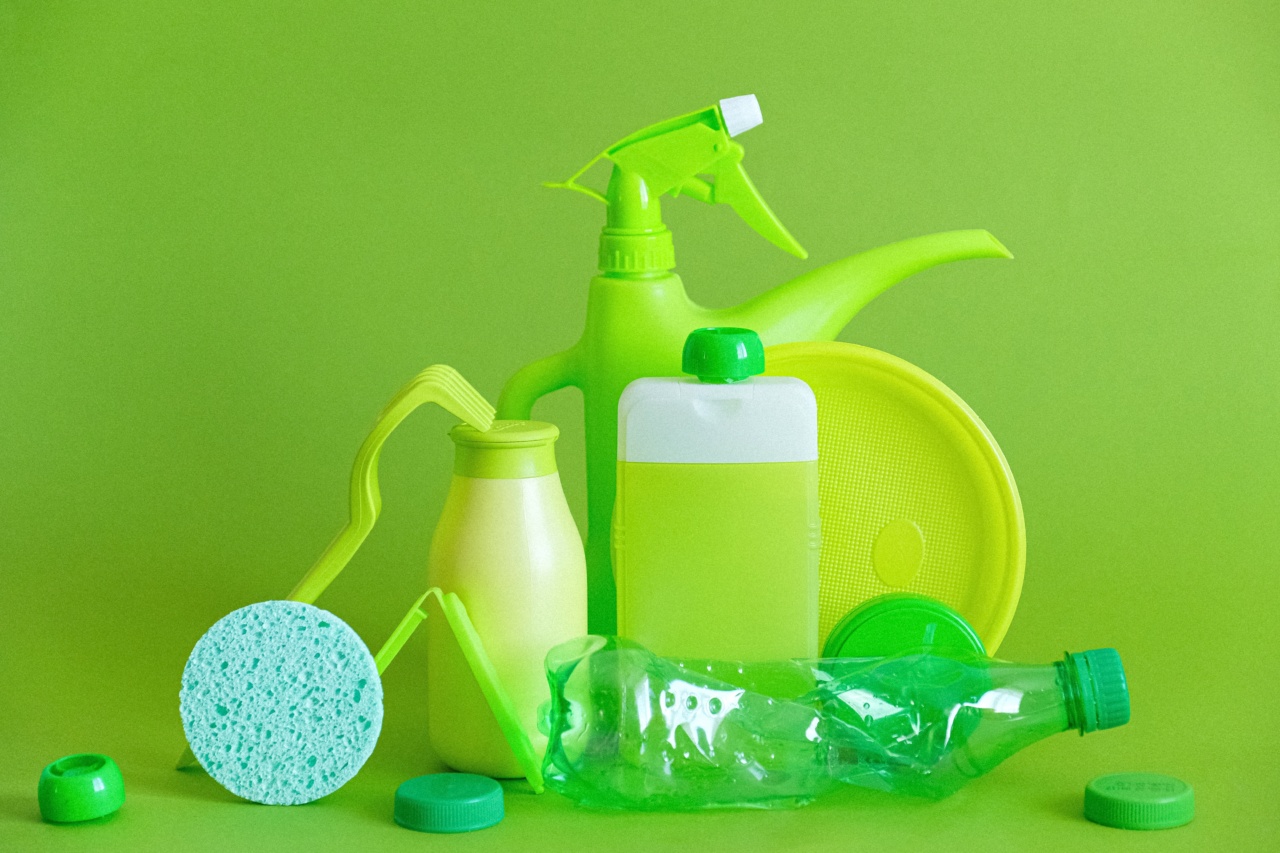Kidney health is crucial for overall well-being and maintaining a healthy lifestyle. Consuming a balanced diet that supports kidney function is essential in preventing kidney damage and promoting optimal kidney health.
In this article, we will discuss a diet that can help prevent kidney damage and protect these vital organs.
Understanding Kidney Function
Before we delve into the specifics of a kidney-friendly diet, it is important to understand the role of the kidneys in our body. The kidneys are responsible for filtering waste products, excess fluids, and toxins from the bloodstream.
They help regulate blood pressure, balance electrolytes, produce red blood cells, and activate vitamin D. When the kidneys are damaged, they are unable to perform these functions efficiently, leading to various health problems.
The Importance of a Kidney-Friendly Diet
A kidney-friendly diet plays a crucial role in preventing kidney damage and supporting kidney function. Such a diet aims to minimize the workload on the kidneys, reduce the risk of complications, and maintain optimal health.
Here are some key guidelines to follow:.
1. Limit Sodium Intake
Excessive sodium consumption can lead to high blood pressure, which is a leading cause of kidney damage. It is important to limit your daily sodium intake to no more than 2,300 milligrams (mg).
This means avoiding processed and packaged foods that are high in sodium, such as canned soups, processed meats, and fast food. Instead, opt for fresh, whole foods and use herbs and spices to flavor your meals.
2. Optimize Fluid Intake
Different individuals may require different fluid intake based on their health conditions, but it is generally recommended to drink enough fluids to stay hydrated without overloading the kidneys.
Adequate hydration helps in maintaining optimal kidney function by flushing out toxins and supporting waste elimination. Consult with your healthcare provider to determine the appropriate fluid intake for your specific needs.
3. Choose Healthy Protein Sources
Protein is an essential nutrient for the body, but excessive protein consumption can strain the kidneys. However, it is important to choose the right type and amount of protein for a kidney-friendly diet.
Include lean protein sources such as skinless poultry, fish, eggs, and plant-based proteins like beans and legumes. Avoid high-protein diets and limit the intake of red meat, as it can increase the risk of kidney damage.
4. Limit Phosphorous and Potassium
Individuals with kidney damage or impaired kidney function often need to limit their intake of phosphorous and potassium. High levels of these minerals can disrupt the balance in the body and lead to complications.
Foods high in phosphorous include dairy products, nuts, seeds, and whole grains. Potassium-rich foods include bananas, oranges, tomatoes, and potatoes. Moderation is key, and working with a registered dietitian can help you create a personalized meal plan.
5. Reduce Sugar and Refined Carbohydrates
High-sugar and refined carbohydrate diets can contribute to obesity, diabetes, and kidney damage. Limit your intake of sugary beverages, processed snacks, and desserts.
Instead, focus on consuming whole grains, fruits, and vegetables that are low in sugar and high in fiber. A fiber-rich diet can help manage blood sugar levels and prevent complications related to kidney health.
6. Monitor Calcium and Vitamin D Levels
Calcium and vitamin D are important for bone health but need to be monitored for individuals with kidney damage. High levels of calcium and vitamin D can increase the risk of kidney stone formation.
It is important to balance your intake of these nutrients and consult with your healthcare provider to determine the appropriate levels for you.
7. Restrict Alcohol Consumption
Excessive alcohol consumption can damage the kidneys and increase the risk of kidney disease. It is important to limit alcohol intake and consume in moderation.
Men should limit their alcohol intake to two servings per day, while women should limit it to one serving per day. One serving of alcohol is typically equivalent to 12 ounces of beer, 5 ounces of wine, or 1.5 ounces of distilled spirits.
8. Control Blood Pressure and Blood Sugar
High blood pressure and uncontrolled diabetes are major risk factors for kidney damage. It is important to monitor and manage these conditions through medication, lifestyle changes, and a healthy diet.
Follow your healthcare provider’s recommendations for blood pressure and blood sugar management. This will not only support kidney health but also improve overall well-being.
9. Consider Herbal Teas and Supplements
Some herbal teas and supplements, such as nettle leaf tea and cranberry extract, may have kidney-protective properties.
However, it is essential to consult with your healthcare provider before incorporating any herbal teas or supplements into your diet, as they may interact with medications or have side effects.
10. Stay Active and Maintain a Healthy Weight
Regular physical activity is beneficial for overall health, including kidney health. Engage in moderate exercise, such as brisk walking or swimming, for at least 30 minutes a day, most days of the week.
Additionally, maintaining a healthy weight reduces the risk of obesity, diabetes, and related kidney complications.
Conclusion
A kidney-friendly diet plays a crucial role in preventing kidney damage and maintaining optimal kidney function. Following the guidelines mentioned above can help protect your kidneys and promote overall well-being.
Remember to consult with your healthcare provider or a registered dietitian to create a personalized meal plan based on your specific needs and health conditions.





























